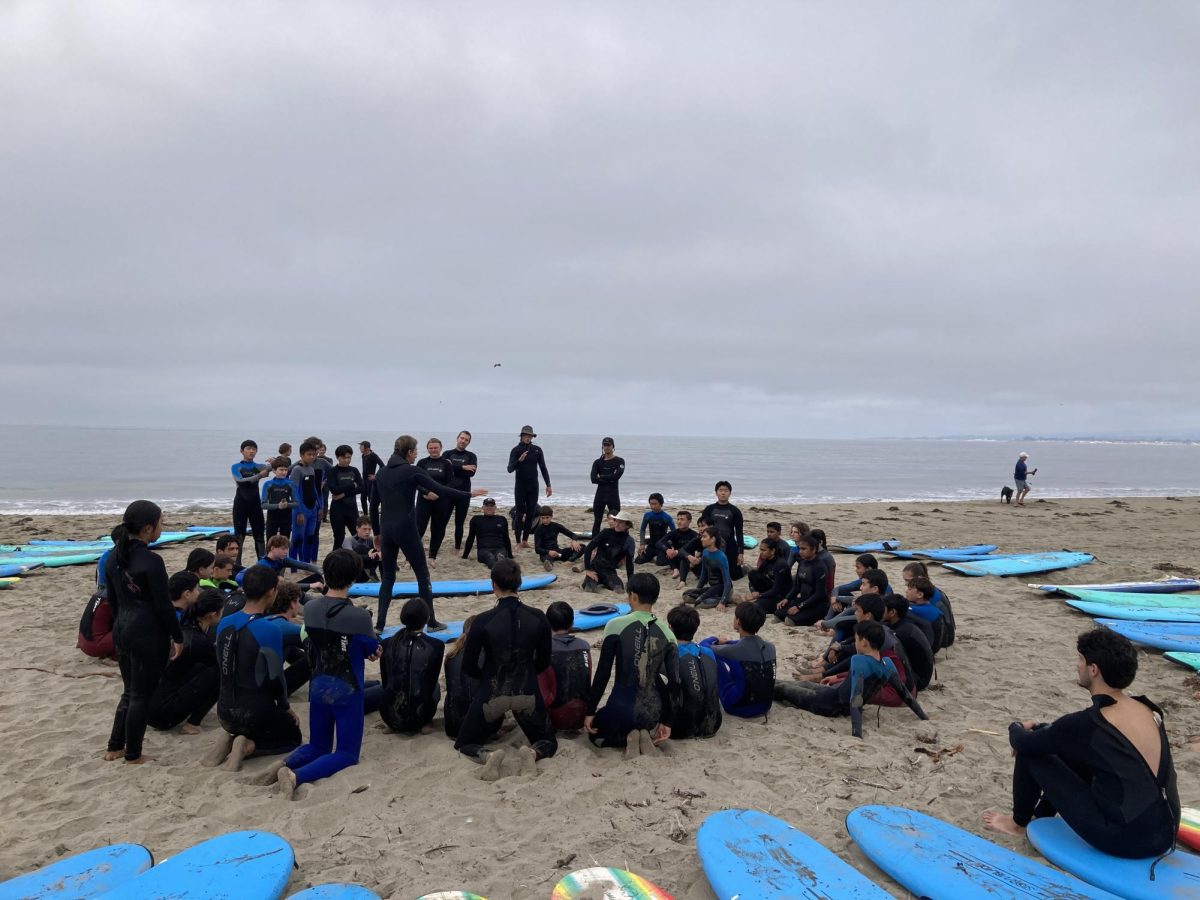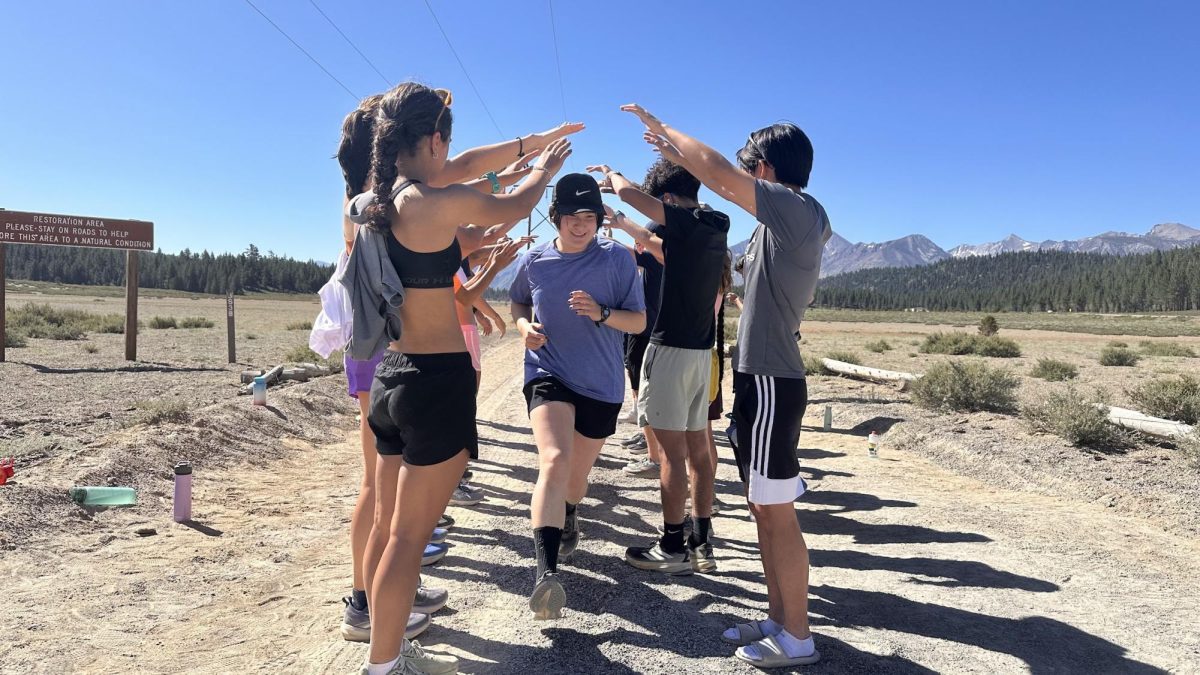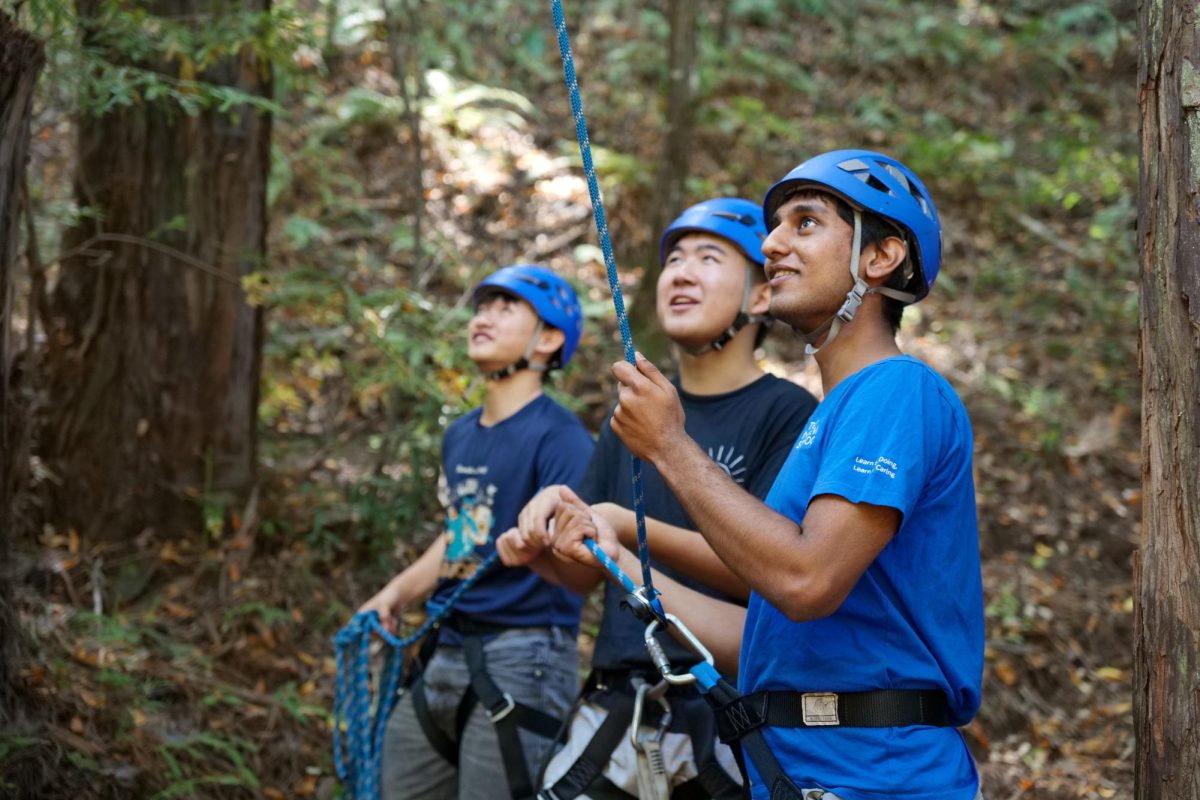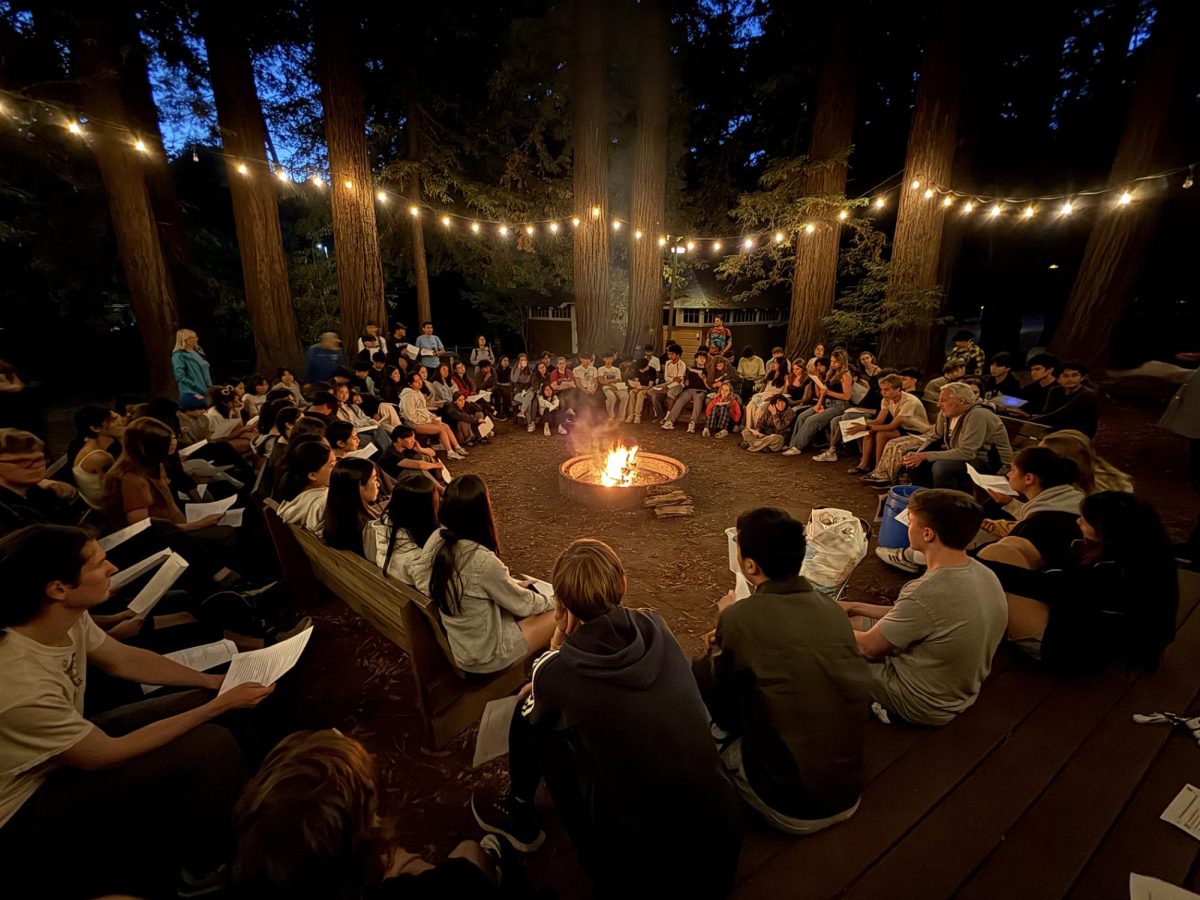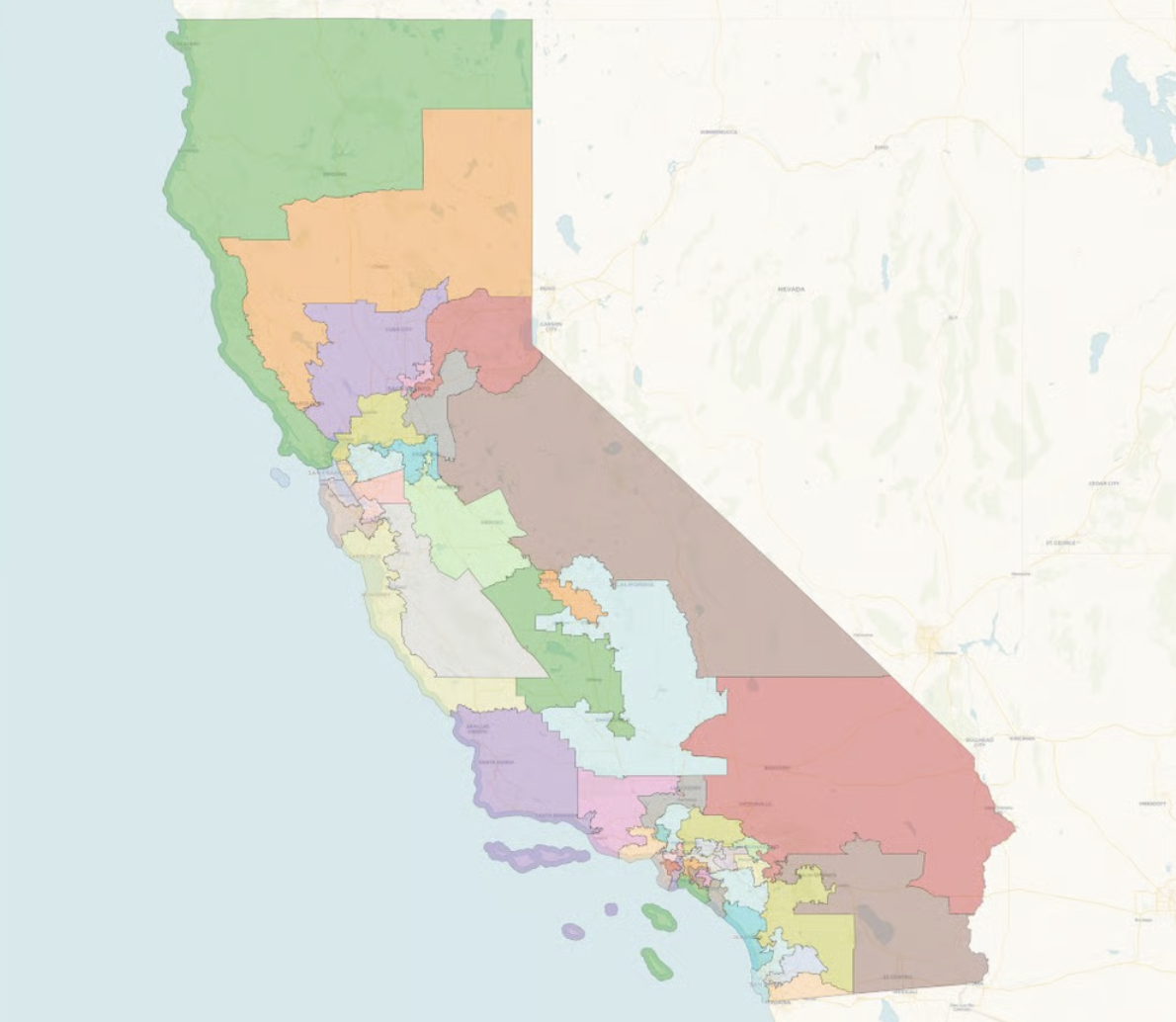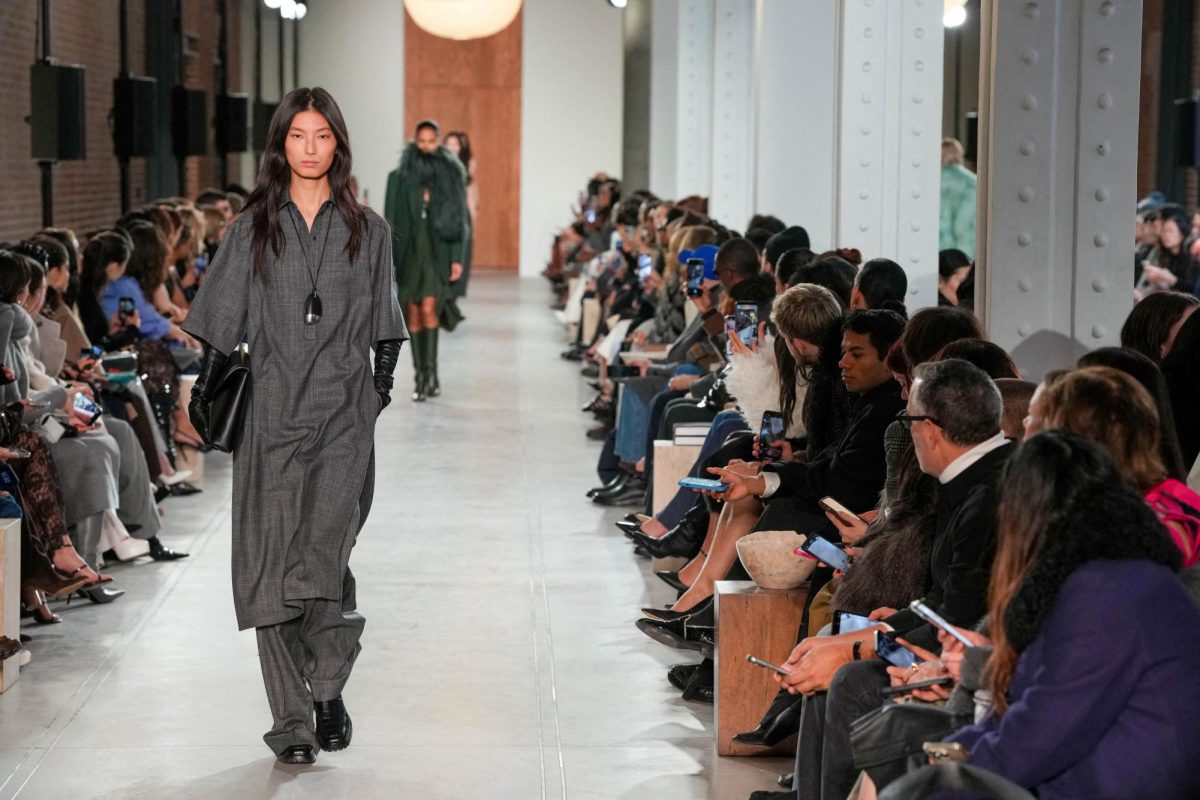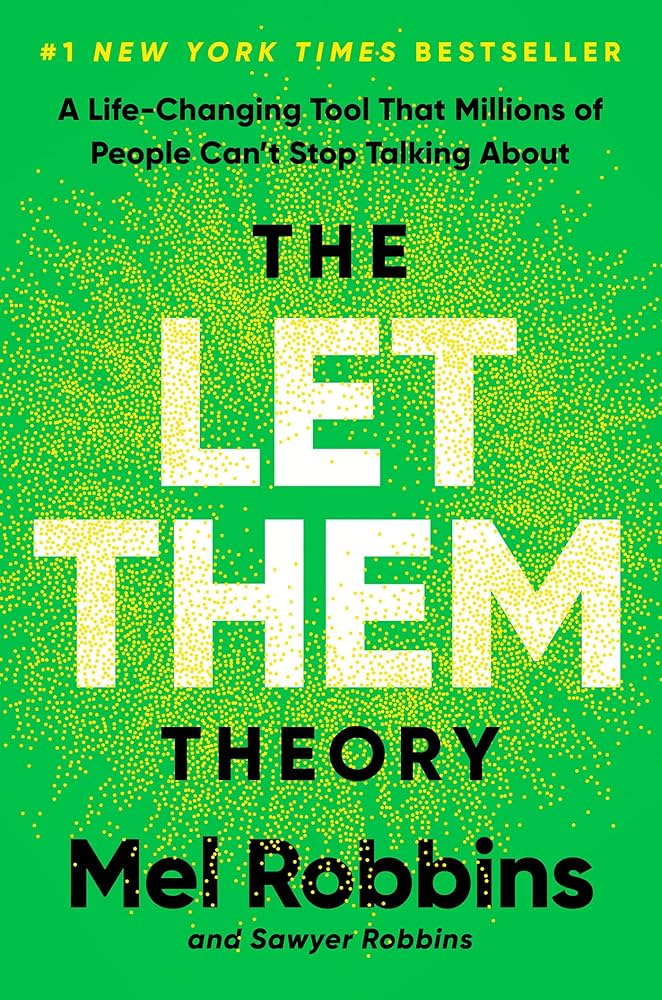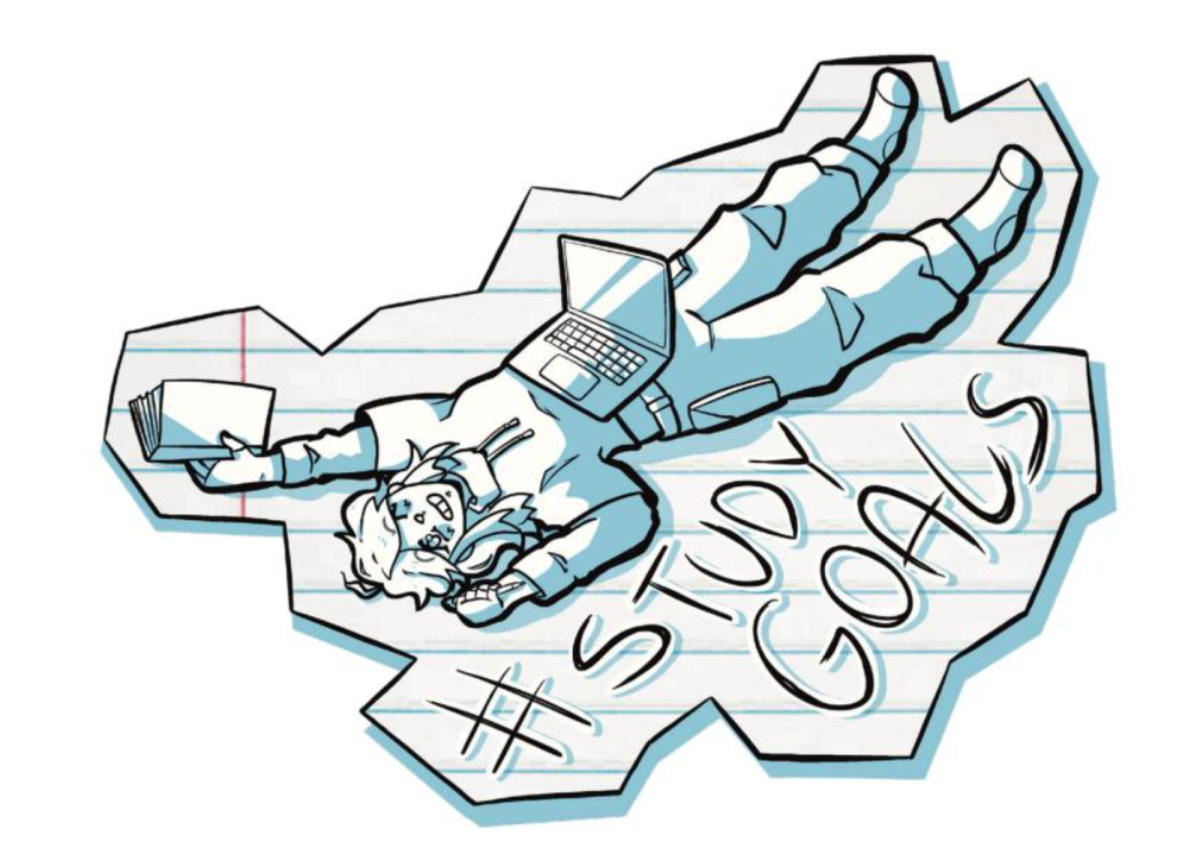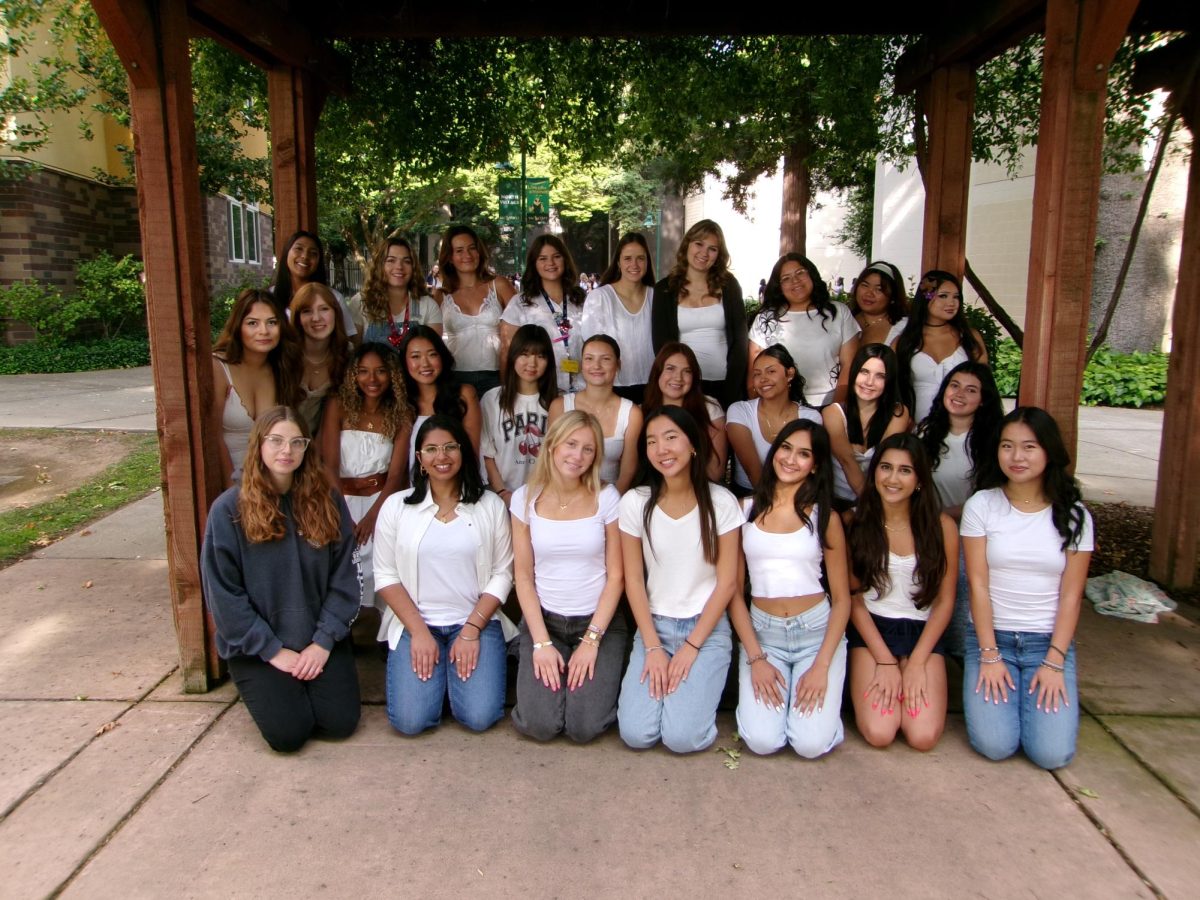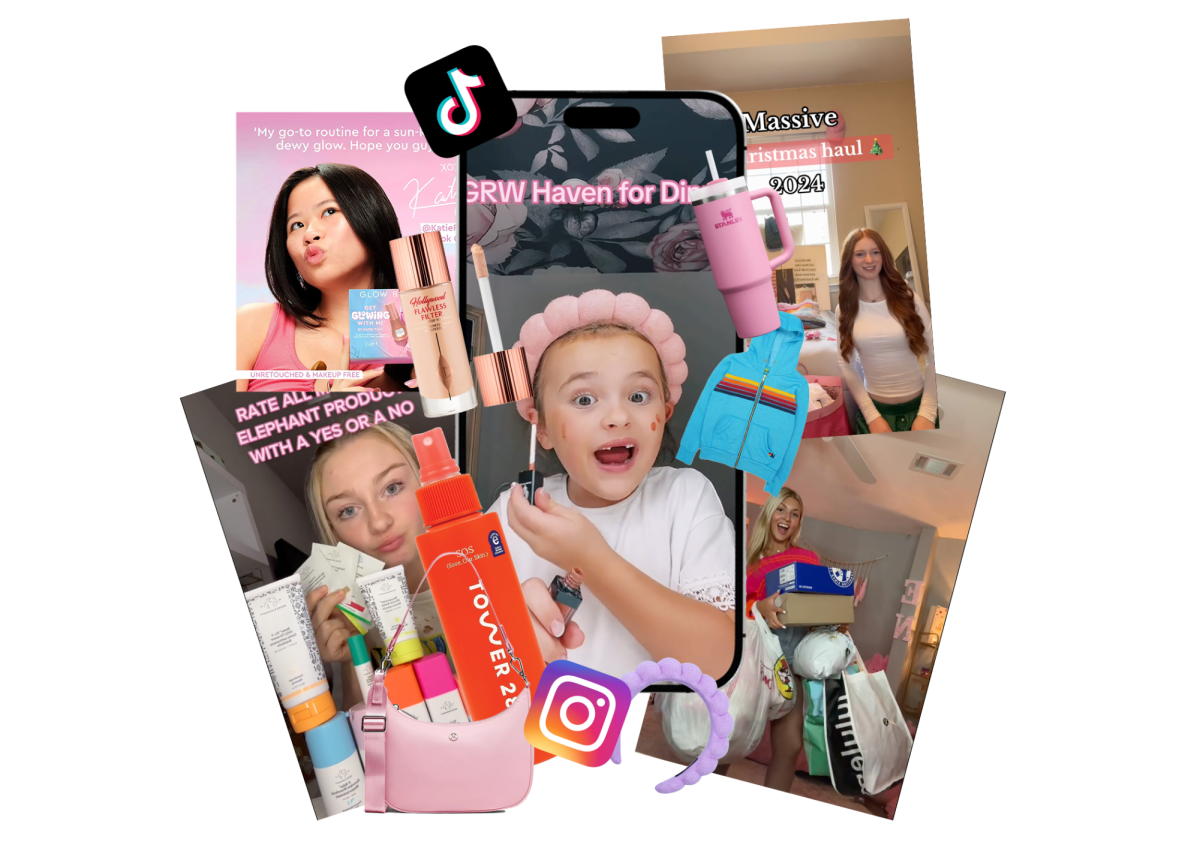While scrolling through social media, the two young-looking girls, no older than eight, doing skincare and makeup while sharing about their daily lives is an inevitable sight.
Those girls are Haven Garza and Koti Garza, stars of the TikTok account Garza Crew. With their mom Adrea Garza, they have amassed over five million followers, monetizing on the girls’ “preppy lifestyle,” a playful aesthetic with bright-colored clothes, and an emphasis on popular brands like Stanley and Aviator Nation. They publish one to two videos a day, including popular “get ready with me” videos while using products from Glow Recipe, Tower 28, e.l.f, and other viral beauty brands.
This seemingly strange sight isn’t rare. On social media, many kids as young as six are using the fancy bubble skincare headbands, clearing out Lululemon stores, and spraying Sol De Janeiro body mists.
Now more than ever, social media platforms like TikTok and Instagram have evolved into big marketing tools aimed at influencing young, impressionable audiences. This overconsumption of advertising content is causing mass overbuying and producing many micro-trends—viral consumer behavioral fads that gain and lose popularity quickly.
This premature exposure to beauty standards, materialism, and more “grown-up” routines takes away childhood and replaces it with awareness of personal appearance and social status. With this, I fear that these kids are no longer satisfied with age-appropriate activities, and instead seek validation and aesthetic appeal that social media pop culture promotes.
This is in part possible because kids are getting devices at younger ages. A 2022 survey conducted by Stanford Medicine found that the average parent gives their child a phone between 10 and 12 years of age. Another study from Brown University showed that in 2015, only 11% of 8-year-olds in the U.S. had a cell phone, but by 2021, this increased by 30%. The percent of tween’s phone ownership also increased by 43% from 2015 to 2021.
As someone who admits to being an overconsumer myself and has been influenced by social media, buying trending clothes from stores like Brandy Melville and trying out the Glow Recipe Dew Drops, I recognize the amusement of these trends. However, the downside is clear: Kids are growing older faster, skipping a pre-teen phase, and diving straight into products they see older people use just because they saw it while scrolling through a phone they shouldn’t have.
This new widespread phenomenon of social media is shaping the younger generation like never seen before. Kids growing up too quickly is harmful because it can expose them to peer pressures, and anxiety, and they don’t get to enjoy the “carefree” experience of being a child. In today’s society, there is often a lot of judgment that comes with being a teen and social media often perpetuates this, setting unrealistic standards and expectations.
With their highly busy product-filled lifestyles, many beauty and lifestyle influencers normalize PR, massive hauls, and maximalist beauty routines that their young audiences inevitably seek to replicate.
This Gen-Z-oriented promotion causes pre-teens to buy everything their favorite influencer uses, from $89 Dandy Worldwide hoodies to $39 niacinamide serums, even though many of the products these influencers are using aren’t intended for them. Why does a 9-year-old need “A-Passioni Retinol Cream,” a $76 product intended for aging skin?
This obsession has traveled all across social media, with posts of kids, aging 9–12, going into Sephora and buying hundreds of dollars of beauty products, known for being rude, and leaving samples destroyed, have gained popularity. This #Sephorakids trend has almost 13,000 posts.
The constant exposure to this content creates a space where pre-teens and teens feel pressured to engage in excessive consumerism to fit into the idolized versions of others they see online, which sometimes is manufactured for views and unrealistic.
Growing up, I often feel more judged than when I was a kid. It is almost as if now everything I do is being watched, evaluated, and criticized. Unplugging and enjoying your childhood is important because we can never get those stress-free days back.
To help this problem, I think it is important for parents to wait a little longer before letting their kids enter the digital world and encourage them to live their youth as long as they can.


